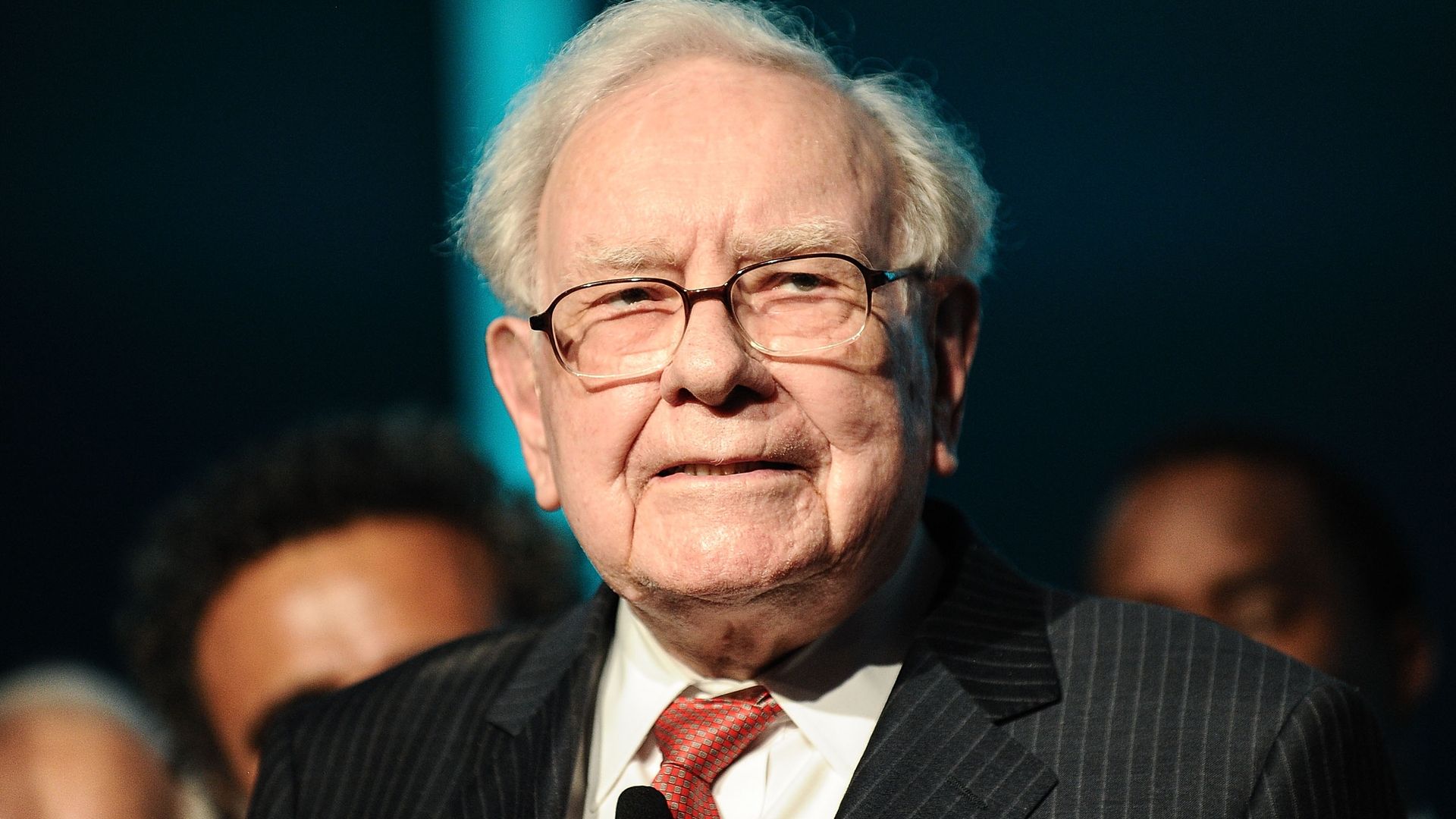Feb 24, 2018 - Economy
Buffett: Berkshire Hathaway made $29 billion from GOP tax cuts
Add Axios as your preferred source to
see more of our stories on Google.

Warren Buffett. Photo: Daniel Zuchnik / WireImage
Add Axios as your preferred source to
see more of our stories on Google.

Warren Buffett. Photo: Daniel Zuchnik / WireImage